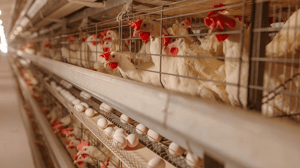A New Marketing Twist for Meal Kit Survival?A New Marketing Twist for Meal Kit Survival?
Meal kits may be much more environmentally friendly than you think. The Lempert Report: A new study compares environmental impacts from meal kits and grocery stores, and the results are surprising.
June 6, 2019


A new study, Resources, Conservation and Recycling, compares the life cycle environmental impacts from meal kits and grocery store meals—and the results are surprising.
The study looked at how meal kits are preportioned, packaged and delivered to a consumer’s residence, as well as meal kits' environmental impacts in terms of its impact on climate change, acidification, land use and water use. It compared five dinner recipes done both as meal kits and as meals prepared at home.
Inventory data was obtained from direct measurement of ingredients and packaging, and supplemented with literature data for supply chain and production parameters.
The results indicate that, on average, grocery meal greenhouse gas emissions are 33% higher than meal kits. Results suggest that meal kits’ streamlined and direct-to-consumer supply chains reduced food waste and lowered last-mile transportation emissions.
Additionally, the research goes on, meal kit refrigeration packs present an average emission decrease compared with retail refrigeration. Meals with the largest environmental impact either contain red meat or were associated with large amounts of wasted food.
The environmentally conscious consumer has been a thorn in the meal kit business’ side, with many feeling guilty about seeing all the plastic and cardboard—until now that is. The researchers argue that, pound for pound, meal kit delivery services have a smaller carbon footprint than equivalent meals bought from a grocery store and prepared at home. It could be time for a new marketing twist that goes beyond convenience, unique recipes and starts to hone in on the sustainability messaging and may breathe new life into meal kits.
About the Author
You May Also Like




